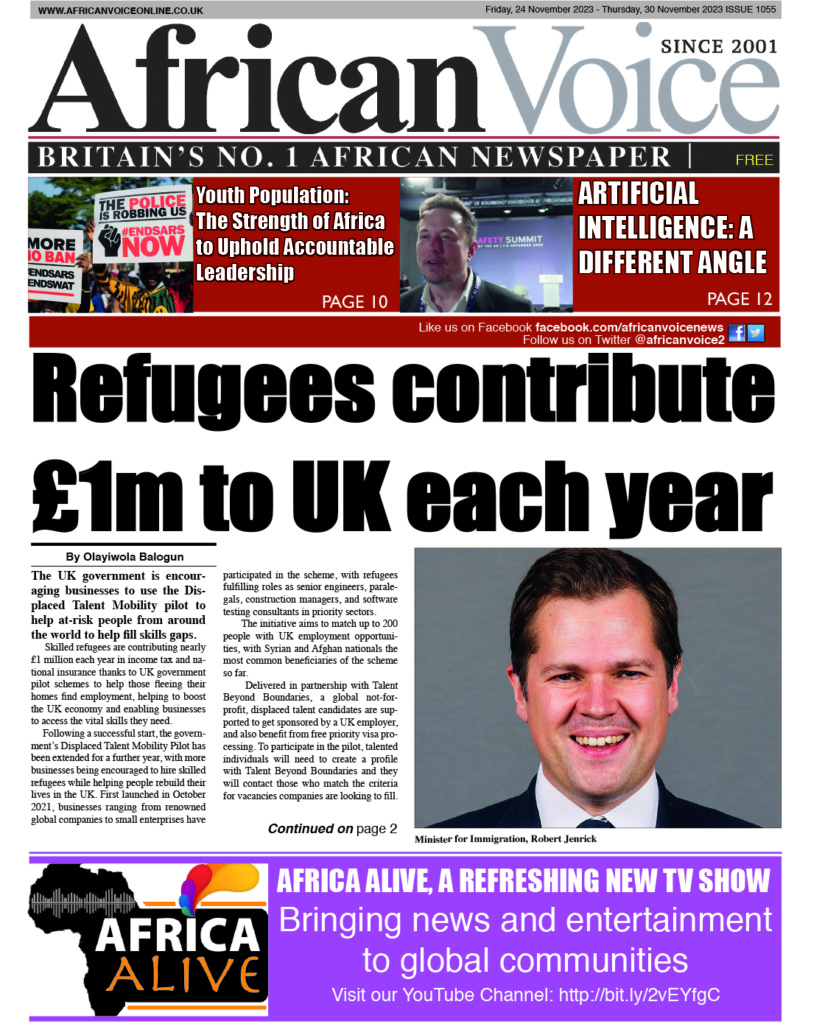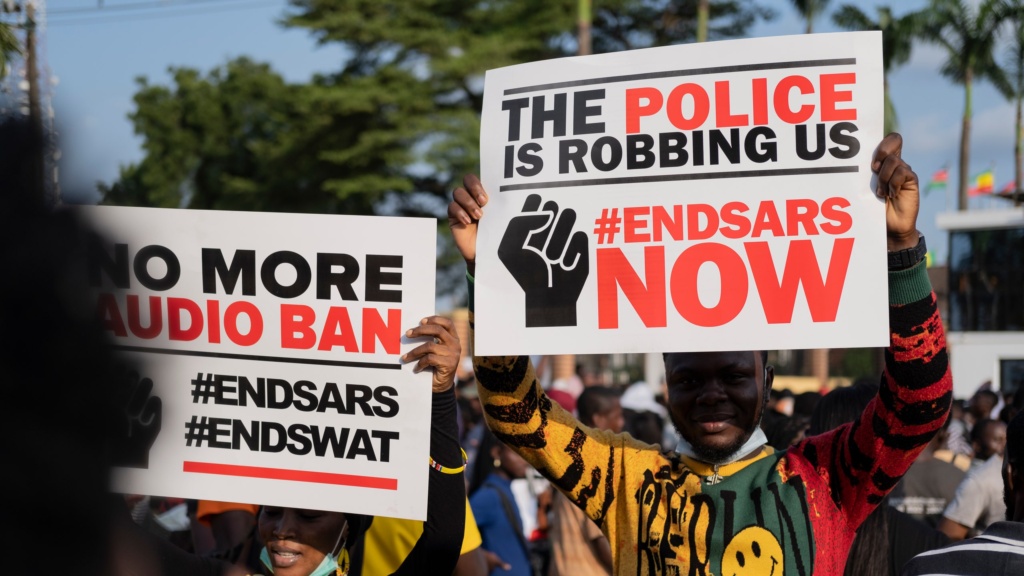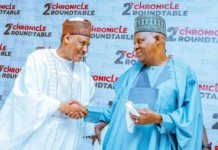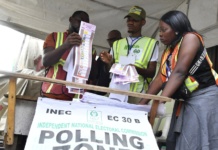

By Olakunle Agboola – Young people constitute the biggest proportion of the African population and are the most affected demographic group in any country’s socio-economic and political developments. By 2019, almost 60% of Africa’s population was estimated to be under the age of 25 years, making Africa the world’s youngest continent.
Accountable leadership remains one of the biggest challenges to development in Africa. Leaders in Africa have not always responded effectively to the needs of the continent, but there is hope in the rising generation of youth who could play a critical role in building accountability for successful economic transformation, representation, and public service.
The urgency of these efforts is not lost on the youth, as there is an uprising to strengthen democracy and governance systems throughout the continent. It is visible with the reinforcements of the youth in many African countries demanding better governance from their leaders.
Since the Arab Spring, many young people in different countries in Africa have demonstrated against dictatorships, the extension of presidential term limits, the lack of transparency during elections and unpopular socio-economic policies. In many of these protests, youth movements have managed to gain considerable success in removing political leaders, effecting policy change and demanding accountable leadership.
Despite notable progress, too many citizens still face insufficient security, poor healthcare and education, unemployment, illegitimate elections, inadequate judiciary systems, and challenges to free expression and participation in civil society. But, young people across the continent are important in creating structural change.
By current numbers, 70 percent of sub-Saharan Africa’s population is under the age of 30, representing about 743 million of the 1.061 billion people in this region. This demographic bulge has significant implications for economic activity, public service provision, and state stability. By 2050, one out of three young people in the world will be living in sub-Saharan Africa.
The youth need to take more places in presidencies, councils of ministers, parliaments, national committees, corporate boardrooms, and civil society organizational teams. There is a need for total youth inclusion in decision-making bodies compared to old policymakers who are above 75 years of age and should be resting at home.
There is a need for young leaders to understand the positions of influence, and to build strong institutions for accountability and the education of the people towards a successful continent. Countries with higher levels of accountability collectively outperform those with lower levels. Youth leaders can advance civil society growth, poverty reduction, economic expansion, and innovation throughout the continent by strengthening the participation of women and youth, promoting human rights, facilitating access to justice, and ensuring the inclusion of all communities.
This is a call for establishing more capacity building for youth integration and total inclusion in governance to improve the living conditions of most Africans. Effective and accountable leadership at all levels of society is the key to unlocking the potential of African youth to create economic, political, and social policies for their bright futures.
Kindly follow us on twitter:@AfricanVoice2











